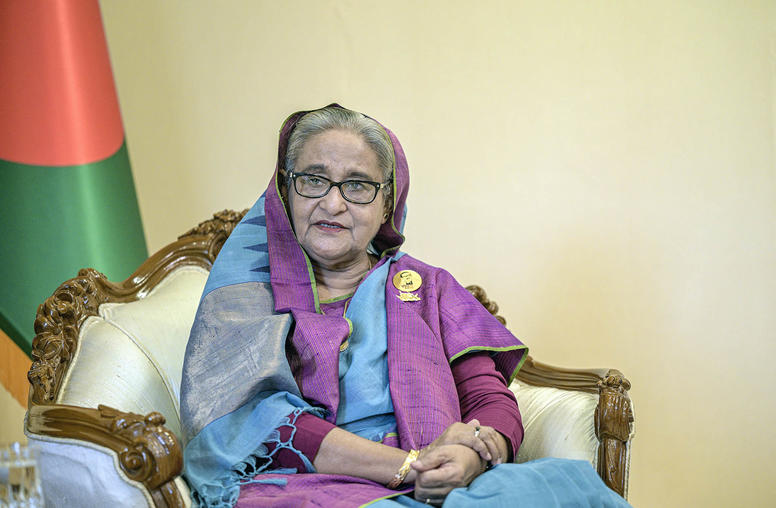India’s Foreign Policy Toward Its Crisis-Stricken Neighborhood
A Conversation with Dr. Avinash Paliwal
Many of India’s neighbors are beset by domestic political turmoil. To the east, tensions are escalating in Bangladesh ahead of the upcoming general elections. And with Myanmar entrenched in civil conflict since the 2021 military coup, New Delhi has needed to navigate its own economic and security interests along their shared border. On India’s western front, Pakistan remains in a state of polycrisis, characterized by political turmoil, economic challenges and growing violence. Looming over all this is the considerable influence of China — with whom India has an active border dispute — and its growing engagement in the region, including its alignment with Pakistan.
On November 30, USIP hosted a public conversation with Dr. Avinash Paliwal on how India seeks to manage its crisis-stricken neighborhood. The discussion focused on India's relations with Bangladesh and Pakistan, exploring the impact of domestic crises and the geopolitical competition with China on Indian foreign policy.
Speakers
Daniel Markey, moderator
Senior Advisor, South Asia, U.S. Institute of Peace
Avinash Paliwal
Reader in International Affairs, SOAS University of London



